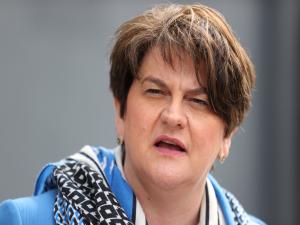
Q Radio News/PA
Sir Jeffrey Donaldson and Edwin Poots have been confirmed as the candidates to stand in the DUP leadership contest.
Gregory Campbell, Paula Bradley and Paul Frew are the candidates for deputy leader, the party chairman Lord Morrow said in a statement on Thursday.
A leadership contest will take place next week to replace current leader Arlene Foster and deputy leader Nigel Dodds.
It will be the first leadership contest in the DUP’s 50-year history.
Sir Jeffrey, the party’s leader in Westminster, is standing against Mr. Poots, the Minister for Agriculture and MLA for Lagan Valley.
Breaking - DUP confirms leader and deputy leader candidates: pic.twitter.com/eOBXZAVK9T
— Q Radio News (@qnewsdesk) May 6, 2021
In the deputy leadership contest, Gregory Campbell, MP for East Londonderry, is the most high-profile candidate.
He is standing against Paul Frew, MLA for North Antrim, and the contest’s only female candidate, Paula Bradley, MLA for Belfast North.
It looks set to be a low-profile campaign, with candidates told by party officers that they are not allowed to campaign in public, with the contest regarded as an internal party matter.
The vote, by way of secret ballot, will take place on Friday May 14.
The electorate is made up of the DUP’s 36 MPs and MLAs.
Edwin Poots has vowed to establish a unionist convention to maximise support for the pro-Union position.
He said he would lead a campaign against Brexit’s “undemocratic” Northern Ireland Protocol, to “systematically undermine and strip away all aspects of it”.
Announcing his bid on Monday, Sir Jeffrey vowed to promote a positive strategy and values if elected, with a focus on building a shared future for everyone in Northern Ireland.
He also pledged meaningful reform within the DUP and said he would set clear policy directions on key challenges for unionism, such as the Northern Ireland Protocol.
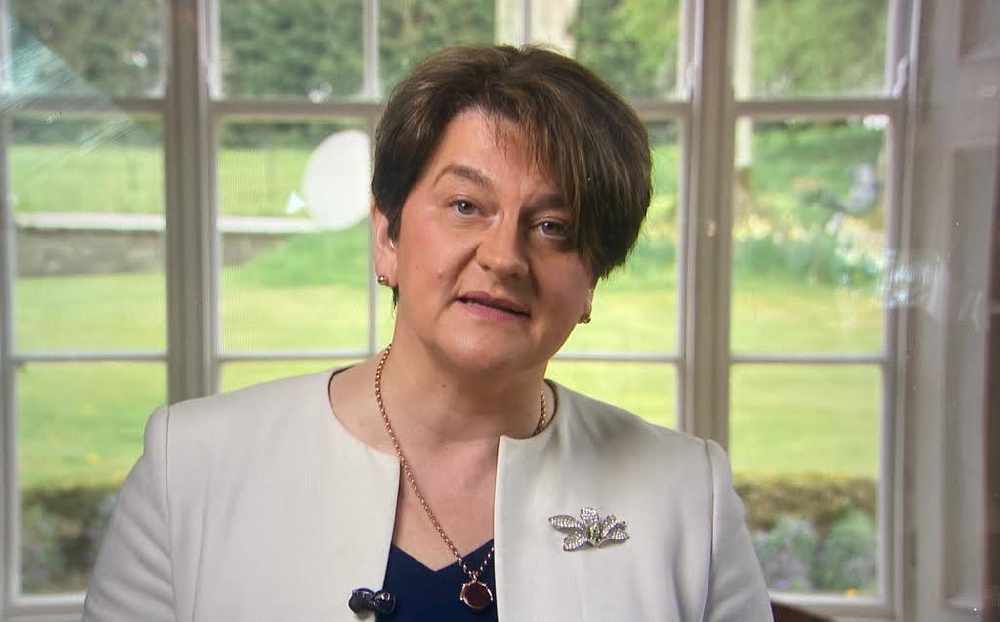
Mrs Foster resigned last week after an internal revolt against her leadership
The move came in the form of a letter of no confidence signed by a majority of the party’s senior elected representatives.
The outgoing DUP leader will step down from that role on May 28, and as Stormont First Minister at the end of June.
Discontent at the DUP’s Brexit strategy was a major factor in the move against Mrs Foster, with party rank-and-file laying some of the blame for the emergence of an Irish Sea border, in the form of the protocol, at her door.
Traditionalists from the party’s religious fundamentalist wing also harboured concerns over positions Mrs Foster has taken on some social issues, in particular her decision to abstain in a recent Assembly vote on a proposed ban on gay conversion therapy, a proposal the majority of her party colleagues opposed.


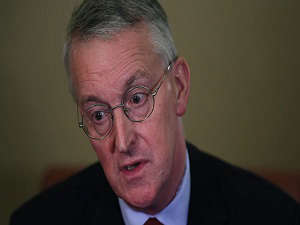 Government announces Stormont Brake will not be pulled over change of EU law
Government announces Stormont Brake will not be pulled over change of EU law
 A man assaulted with hammer during robbery in South Belfast
A man assaulted with hammer during robbery in South Belfast
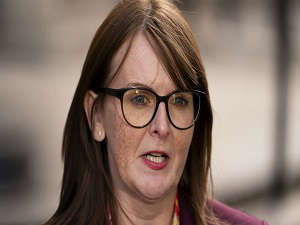 Finance Minister makes 20-month Civil Service pay offer
Finance Minister makes 20-month Civil Service pay offer
 Firefighters tackle large fire at Coleraine recycling plant
Firefighters tackle large fire at Coleraine recycling plant
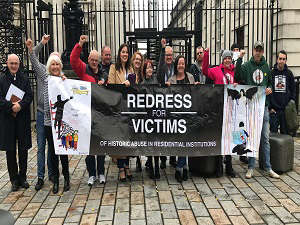 Institutional abuse survivors urged to come forward before deadline passes
Institutional abuse survivors urged to come forward before deadline passes